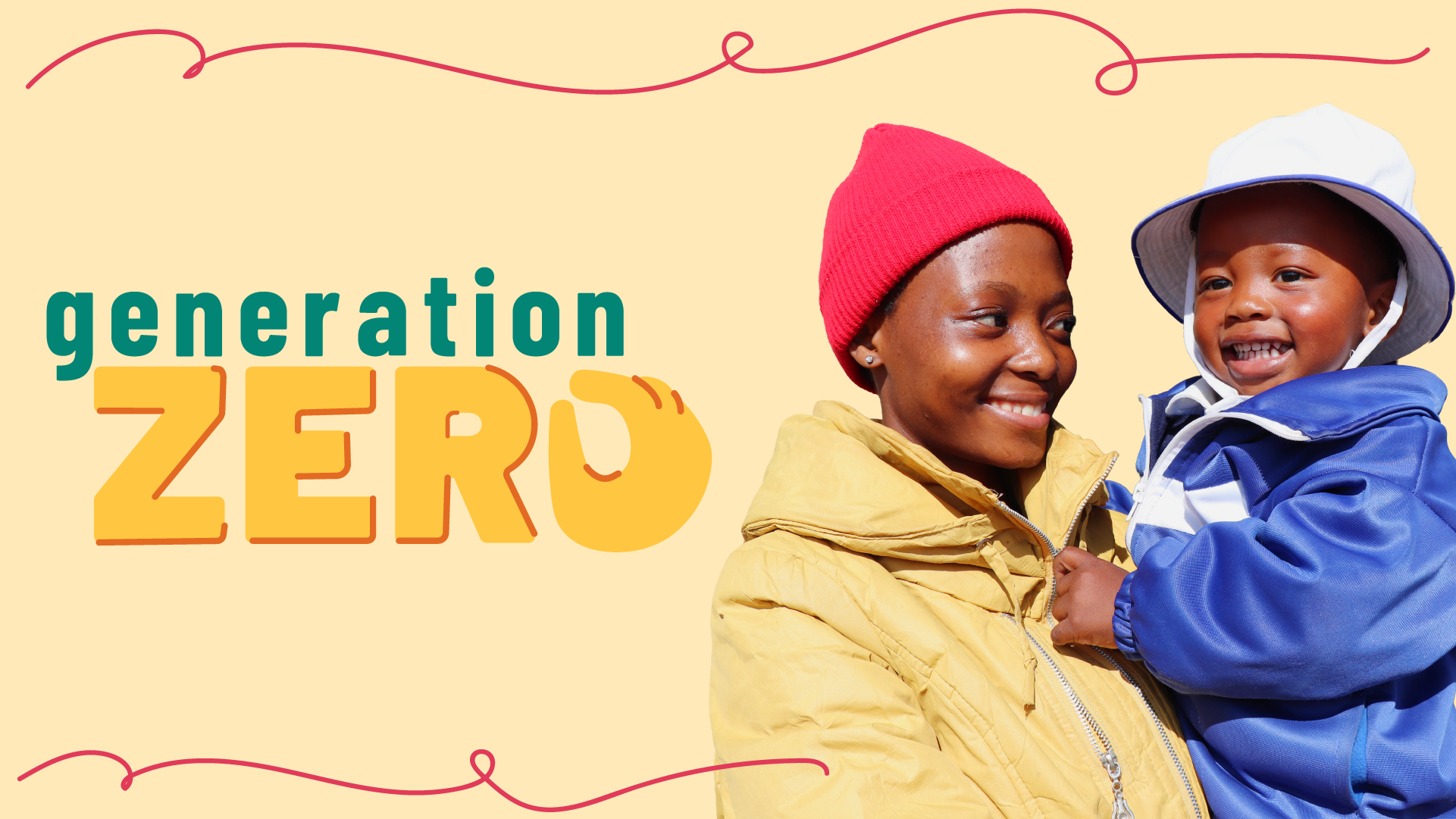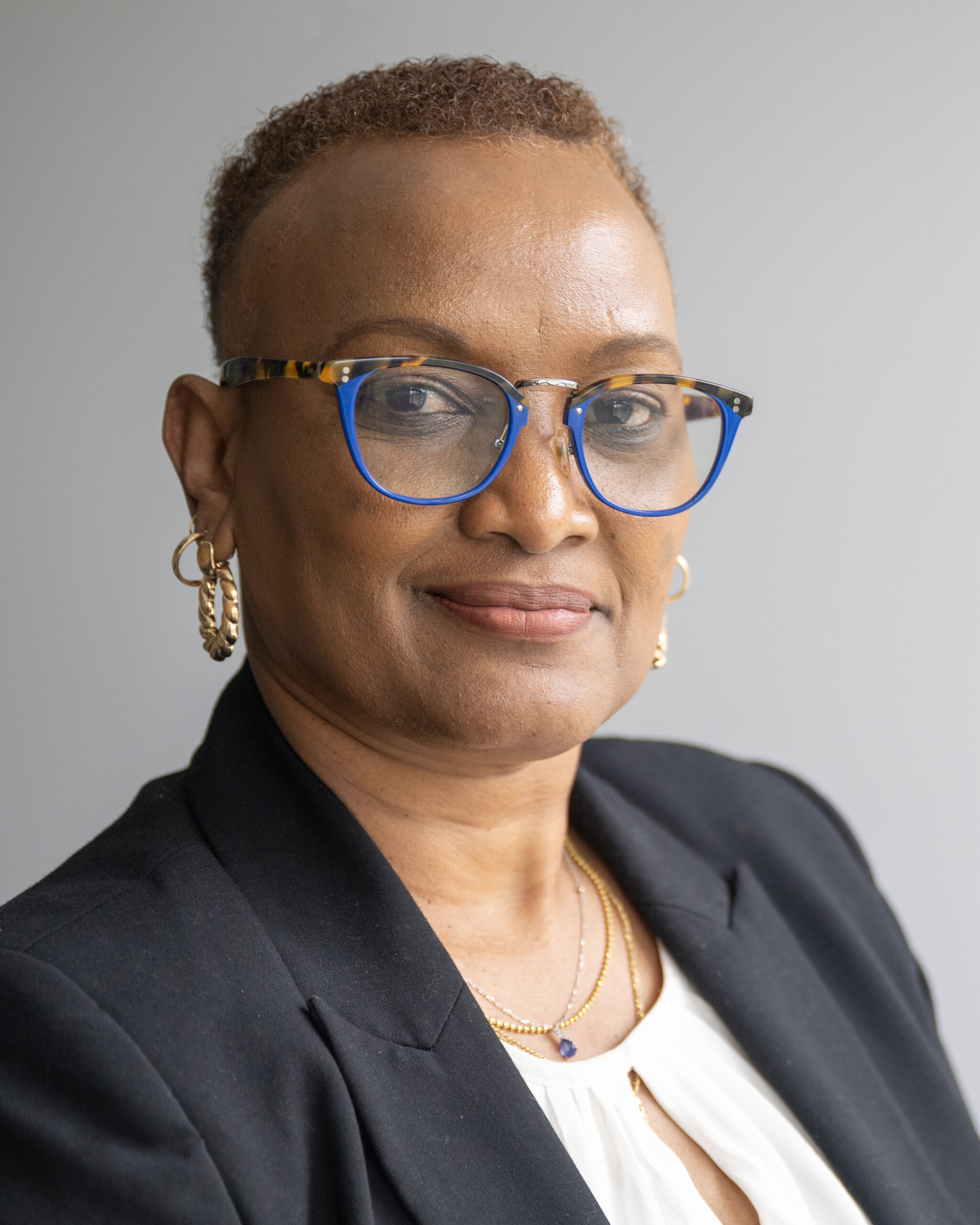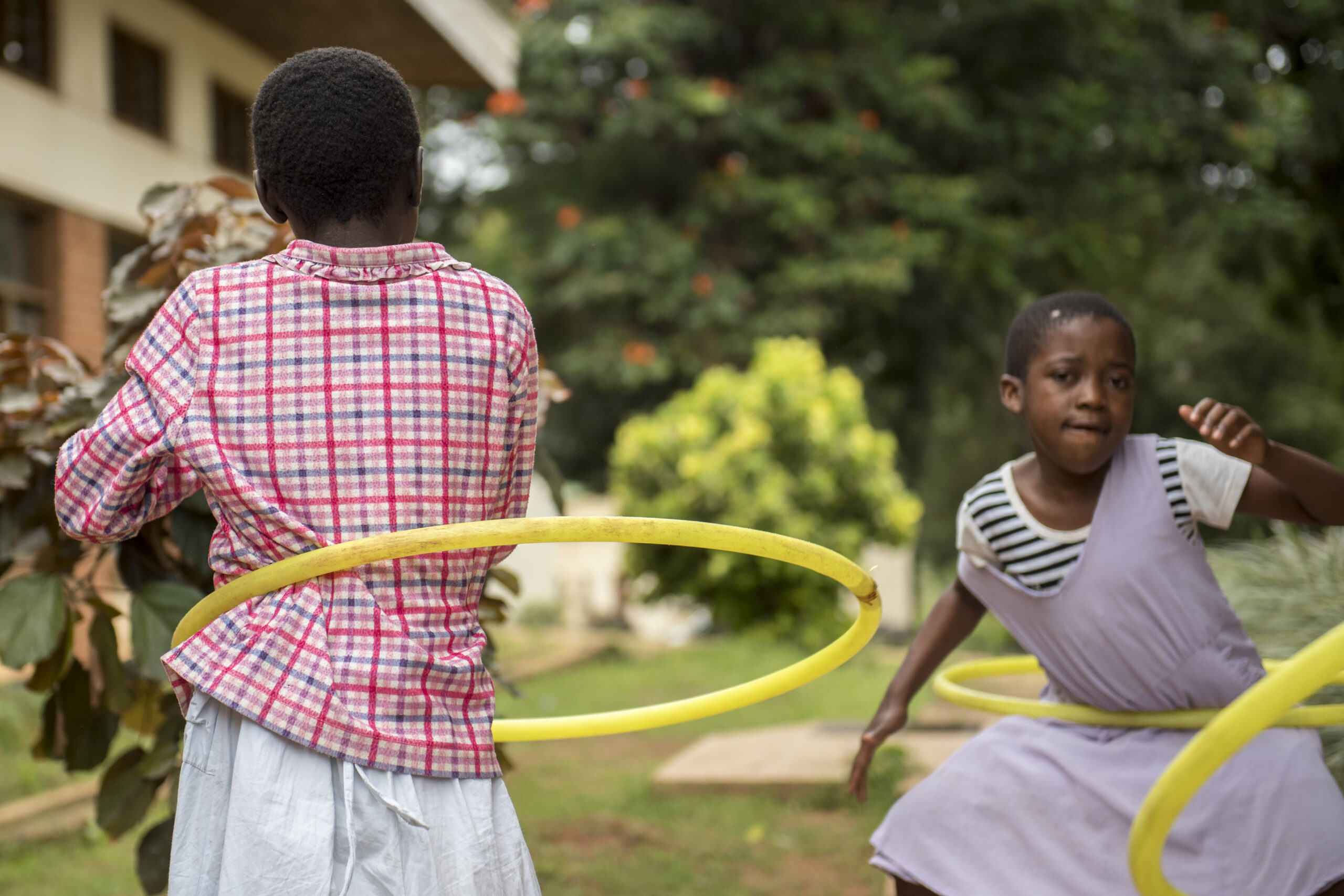On Sunday July 17, 2016, my girlfriend Kerry and I touched down in Durban, South Africa. We were greeted with smiles, an amazingly vibrant community, and the familiar sound of waves crashing on the shoreline. A good night’s sleep was immensely needed by both of us as the next morning kicked off the 2016 International AIDS Conference (#AIDS2016), and the week ahead promised to be full of activity!
As the sun rose on the eastern coast of South Africa on Monday morning, it was time to hit the ground running. While tens of thousands converged at the Inkosi Albert Luthuli International Convention Centre (Durban ICC), familiar faces started to pop up. Partners of the Elizabeth Glaser Pediatric AIDS Foundation (EGPAF), as well as many HIV/AIDS-focused organizations from around the world were present to discuss the future, and the collective hope and determination that it will be a future that is free of HIV. The goal is to eliminate this disease by the year 2030 and this week was dedicated to addressing the long list of challenges that we face, and must overcome in order to accomplish this feat.
As a 31-year-old man, living with HIV, for me, the focus is all on the next generation. While statistics and research into new antiretroviral medications (ARVs) are essential, it is education and awareness that will end this epidemic and that starts focusing on young people.
One thing is for sure, every new generation that grows up is farther and farther away from the stigma that captured and deeply affected the virus’ earliest victims. I was inspired by many young people I met with at #AIDS2016 who dedicate their time to championing and speaking out about the unique issues they face in their communities with HIV/AIDS. It was clear to me that in order to effectively fight against HIV, we must listen to youth, and empower them to raise their voices.
We know the science and we know the statistics — that young people today are the hardest hit by HIV. It is the leading cause of death amongst adolescents in Africa, and the second leading cause of death among adolescents worldwide.
As human beings, we see the behavior of those that are older than us and we adopt certain beliefs and views in life. The unfortunate part about HIV is that the views and beliefs of the older generations around HIV are those of death and stigma. The truth today is that anyone who is HIV positive, knows their status, and receives treatment can live a healthy, fulfilling life. They can even have their own healthy families, and raise children who are HIV-negative.
This year’s International AIDS Conference focused on the next generation and it was a privilege to stand beside other influential peers of mine from Kweku Mandela, Elizabeth Taylor’s grand children and Prince Harry—all who have been using their platforms to help fight stigma around AIDS.
The most touching part, for me, is the lineage and connection that I have to all of these amazing people. Our parents all knew each other and paved the way in this fight to end AIDS throughout the 80s and 90s.Today, it is in our hands to finish the job.
After seeing, hearing and feeling the energy and action of this year’s conference, I am more motivated than ever to continue the fight. I am confident that this is not only a dream of an AIDS-free future, but a reality. AIDS-free future, will only happen if we work together in one effort to end this epidemic once and for all.




